70055 P-39Q Airacobra!
- Add feedback: (See the reviews)
- 70055
- Manufacturer: Arma Hobby
-
Availability:
In Stock
Delivery time: 1-3 days
P-39 Airacobra, 1/72 scale plastic kit, new tool by Arma Hobby.
Buy together to pay less
€31.37
€37.82
70055 P-39Q Airacobra
Plastic model of the Bell P-39 Q Airacobra in 1/72 scale. New tools, made in Poland.
Set contains:
- Plastic moldings
- Masks for painting the cocpit canopy and wheels
- 13x12 cm decal with five variants of marking
- Steel balls for nose weight
Markings Versions
- P-39Q-10 Airacobra, 363rd Fighter Squadron, 357th Fighter Group, pilot Lt. Clarence “BUD” Anderson, Oroville, California, October 1943.
- P-39Q-1 Airacobra, 46th Fighter Squadron, 15th Fighter Group, Makin, Gilbert Islands, late 1943.
- P-39Q-15 Airacobra, 10° gruppo, 4° Stormo, Italian Co-Beligerent Air Force, Galatina Air Base, Italy, November 1944.
- P-39Q-6 Airacobra, 82nd TRS, 71st Tactical Reconnaissance Group, pilot: Lt. Michael Moffitt, Saidor, New Guinea, Spring 1944.
- P-39Q-20 Airacobra, 2nd Mixed-Special Air Regiment, Polish “people’s” Aviation, pilot gen. col. Fiodor Polynin, Warsaw 1945.
Review online:
P-39 Airacobra
The P-39 Airacobra is one of the most interesting and innovative fighters of World War II - Bell designers equipped it with a front wheel, an engine in the centre of gravity of the airframe and a solid 37 mm cannon. The engine was originally equipped with a turbo-supercharger, which provided the prototype flown in the spring of 1939 with excellent performance at high altitudes. However, US aviation officials preferred less-complex propulsion, fit to operate at a lower altitude. The implementation of Airacobra into mass production and combat units coincided with the rapidly changing circumstances related to the outbreak of war in Europe, and then on the Eastern and Pacific fronts. The first orders for France and Great Britain were not fully delivered, some of them were transferred directly to the US forces fighting in the Pacific and North Africa. With the advent of more effective aircraft types, more than half of the 9,558 produced Cobras were sent under Lend-Lease to the Soviet Union, where the aircraft performed excellently: battles were fought at the low altitude for which the Airacobra was best suited. Of the top 10 Soviet aces, half flew Airacobras.
The most widely produced, in almost 5 thousand copies, and at the same time, the ultimate version of the Airacobra was the P-39Q. The plane was powered by a 1,200 hp Allison engine and differed from the previous versions by armament reinforced with two 0.50-inch machine guns in the underwing fairings. Most of the aeroplanes of this version went to the USSR, where they were used by, among others, the most outstanding pilots of the elite guard units. They were also used in combat by the US and Italy Co-Belligerent Air Forces, mainly performing ground-assault tasks. The "Q" Cobras were also widely used in the US for training, and many future aces got their wings on them before going to the front. In the post-war period, one P-39Q Airacobra was the personal hack of the Soviet general Fyodor Polynin, commanding the Polish "people's" aviation.

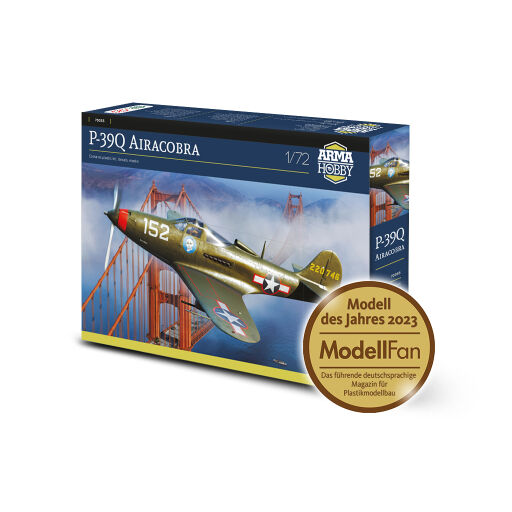























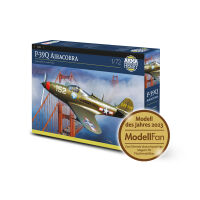
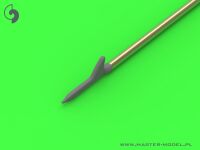
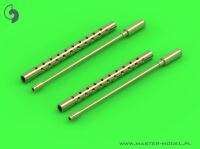
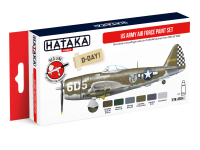
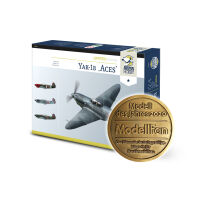

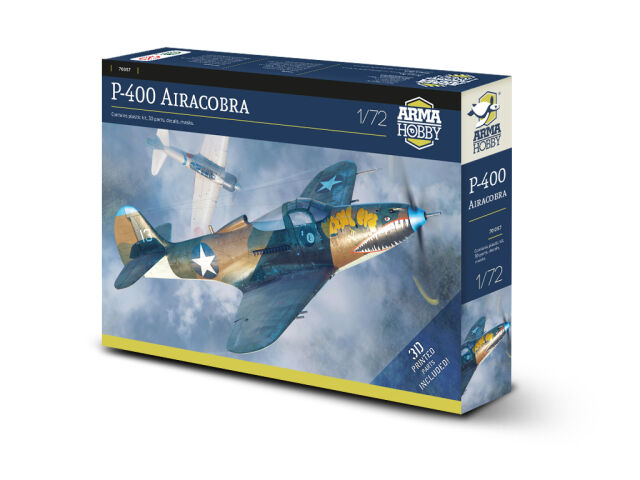
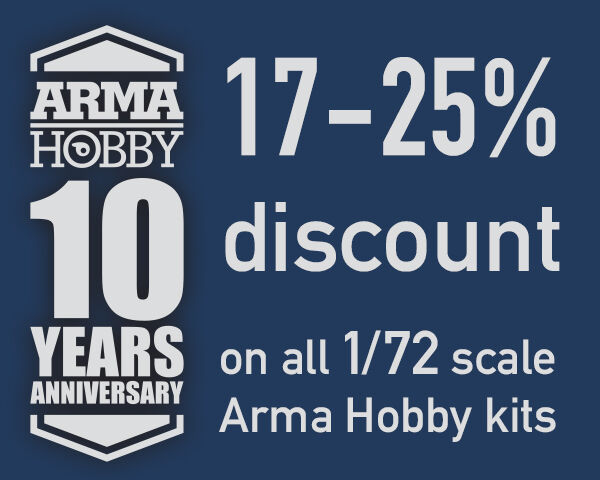

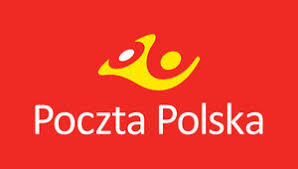




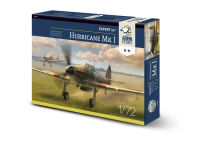

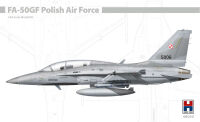
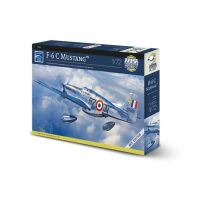
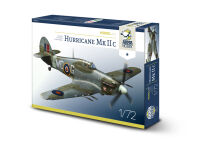
 Polish
Polish